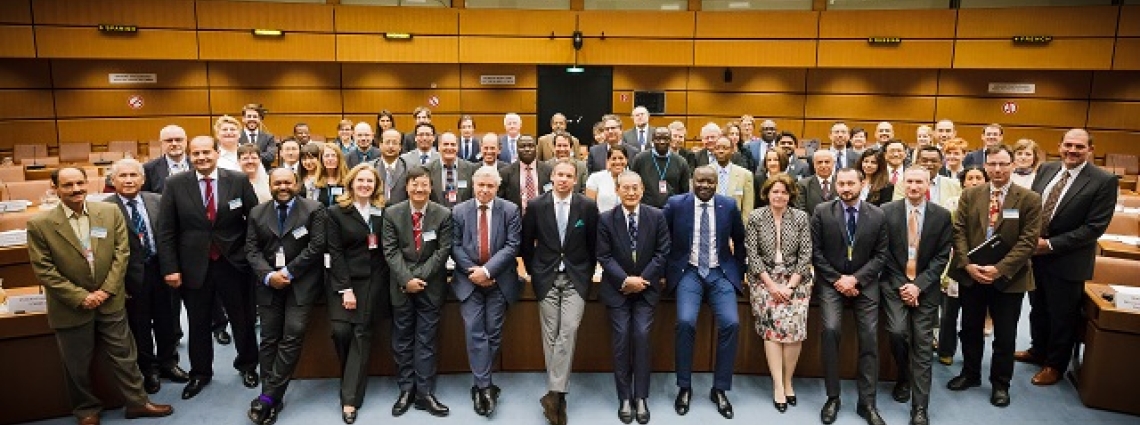Second CTBT Academic Forum meets in Vienna
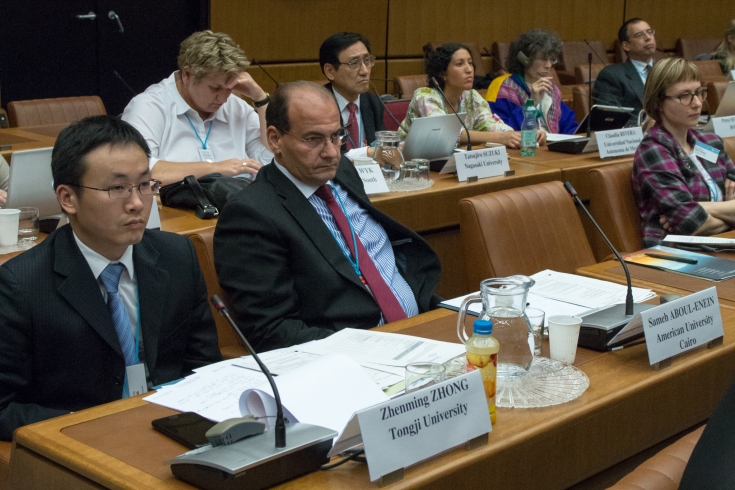
Academic institutions from the eight non-ratifying Annex 2 States (whose ratification is precondition for the CTBT's entry into force) with the exception of the Democratic People's Republic of North Korea were represented. Here: Zhenming Zhong, Tongi University, China (left) and Sameh Aboul-Enein, American University in Cairo, Egypt
Because of you, this Treaty is alive. We can now bridge the gap between the generation that suffered from nuclear testing and negotiated the CTBT and the generation that will banish nuclear weapons.
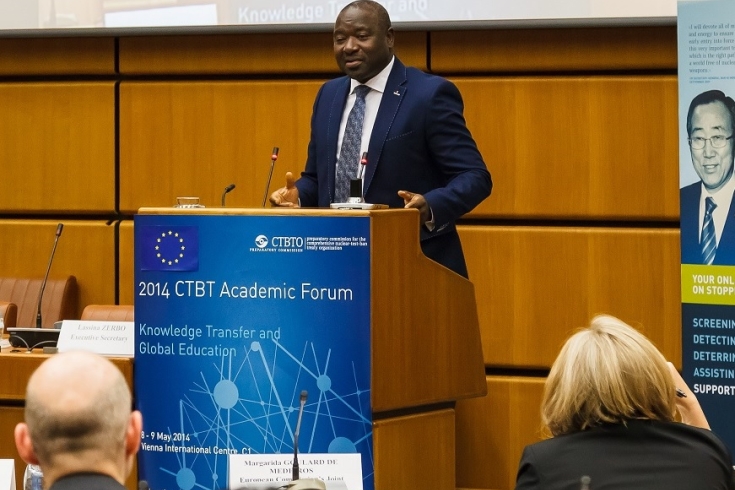
CTBTO Executive Secretary Lassina Zerbo opened the Forum
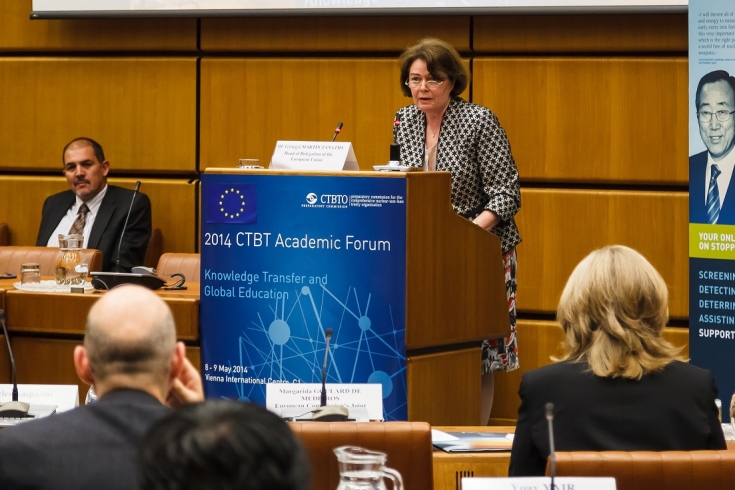
European Union Ambassador Györgyi Zanathy highlighted the many ways in which the EU supports the CTBTO's work.
I think more people need to know the amazing work that the CTBTO is doing- the world’s largest verification network that has applications to everything really - not just the nuclear test ban, but also to other fields and other areas - I think it’s just so important.
Back in the late 1990s, the overall sentiment on the CTBT was that it’s inacceptable. Now, there is a real discussion on the CTBT in Pakistan’s academic world, its merits are being discussed.
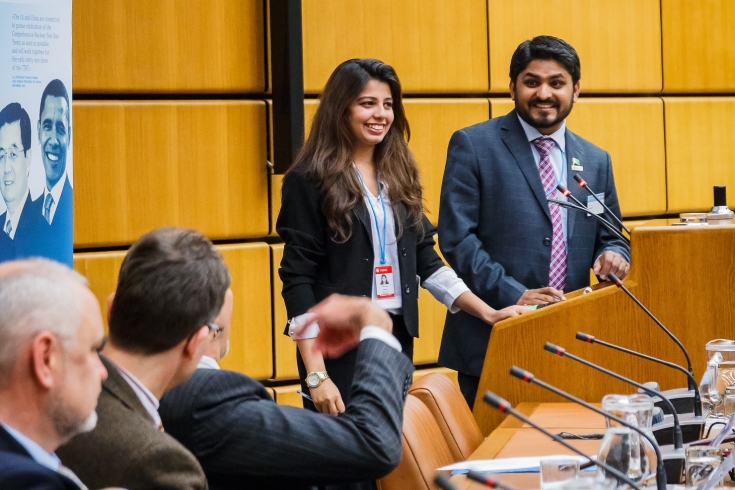
Asra Hassan (left) and Sufian Ullah from the South Asian Strategic Stability Institute (SASSI) University, Pakistan
This is a good way to reach out to universities around the world and to build a network of universities with the CTBTO.
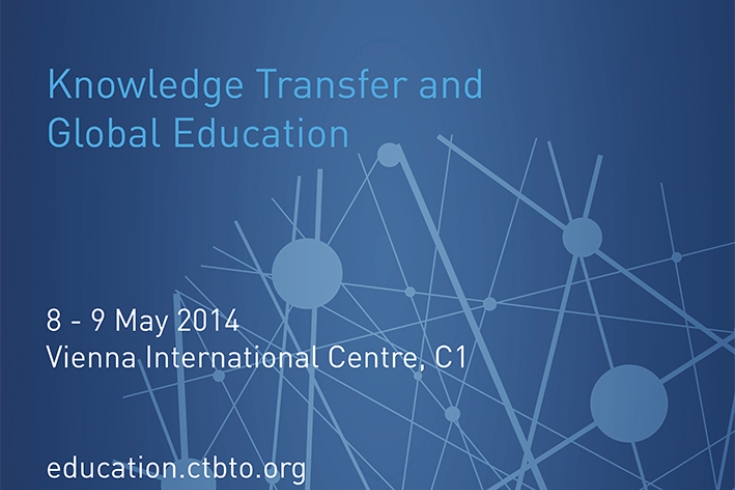
It’s really important to focus on the younger generation. This is a golden opportunity to come up with explanations about security regimes, non-proliferation, CTBT being part of that with other organizations.
The data collected by the CTBTO infrastructure and provided via the vDEC is a rich hunting ground for physicists- I am a geophysicist by training and I was not aware of this huge amount of data.
8 May 2014
